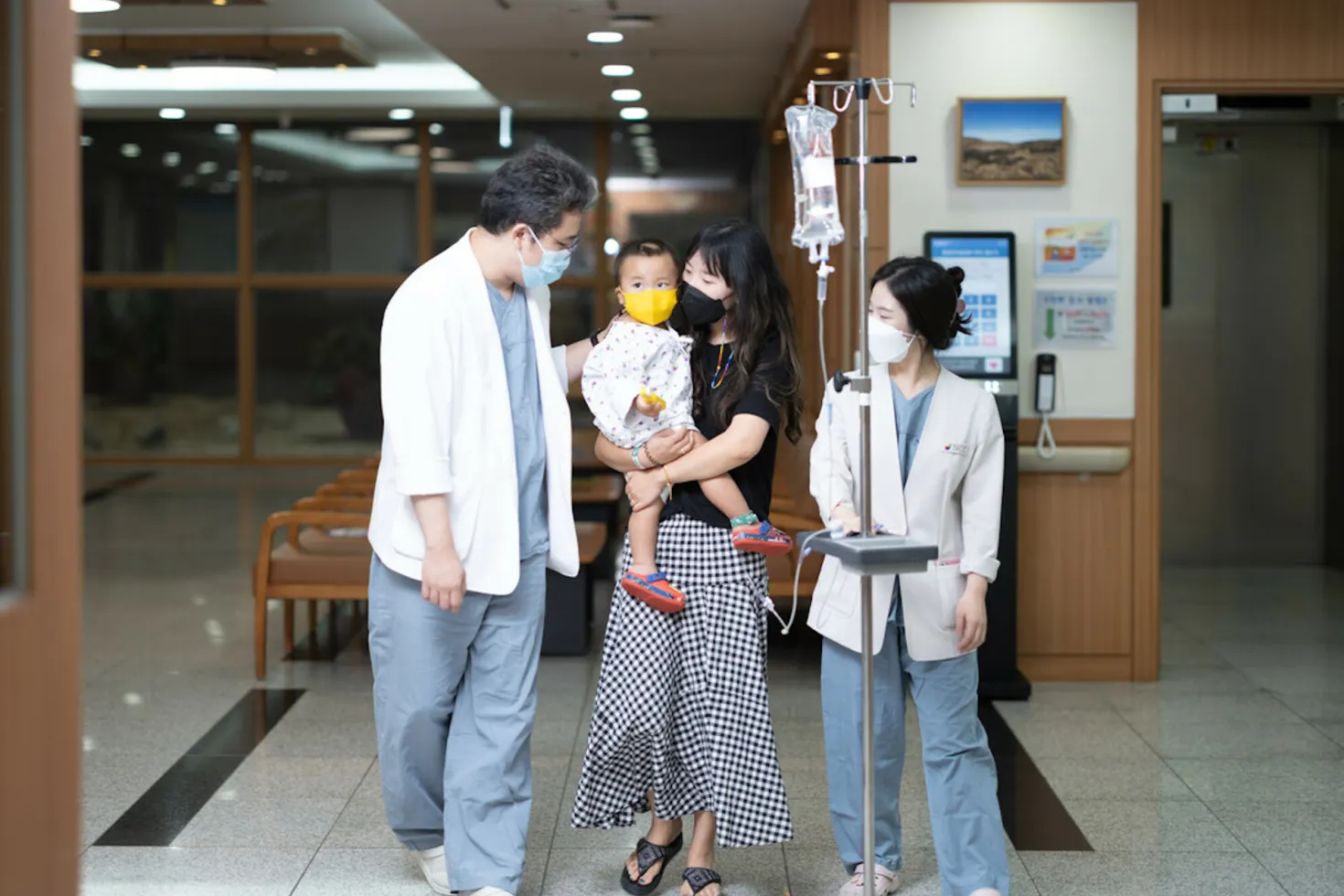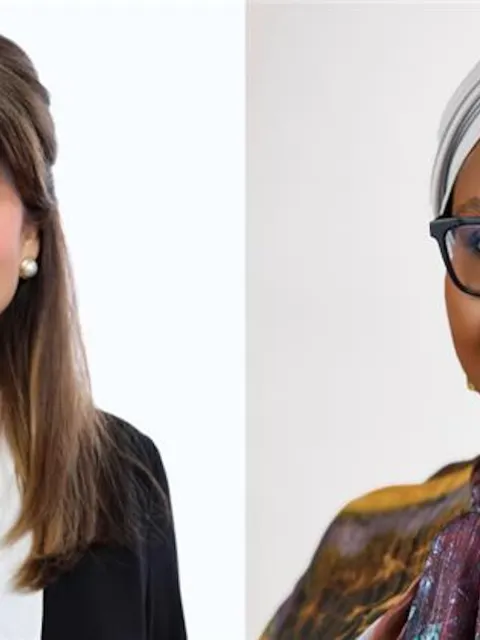How we speak about cancer can save lives
The way people talk about cancer matters. Outdated or negative language can affect early diagnosis and survival rates. It reflects cultural taboos, stigmas and emotional response to the disease. Finding the right words can make life easier for those with the disease and save lives.

How cancer is spoken about matters because language influences action: from recognising symptoms to seeking treatment and care.
HIGHLIGHTS
-
In some cultures there is no word for cancer. The descriptions used instead often evoke fear and pain.
-
Where cultures have words for cancer, they often carry a stigma and patients can be blamed for their illness.
-
Cancer can be referred to as something insurmountable. But this language does not reflect the high survival rates for many cancers.
-
How cancer is spoken about matters because language influences action: from recognising symptoms to seeking treatment and care.
-
The use of military metaphors associated with cancer is one debate. Some patients do not like the violence and dualism of this language and suggest alternatives.
-
No matter the words chosen, the disease must be spoken about in order to make life easier for those who have cancer and to save lives.
“There's so much fear, shame, confusion, distrust. There's a whole lot of things bundled into this word called cancer.”
– Gautami Tadimalla, Bollywood actress and cancer advocate on UICC’s Let’s Talk Cancer podcast
Cancer triggers an emotional response that most other diseases do not. This is reflected in the language used to talk about it. You don’t hear about a person having “lost their battle with heart disease”, despite more people dying of it; or about “stroke survivors”, though millions die or are left permanently disabled every year.
The Greek physician Hippocrates first used the word for crab, “carcinos”, to describe the disease, probably because the finger-like projections of the tumour recall the shape of the animal. The Romans later translated it into Latin for crab: “cancer”. From there forms of the word entered European languages.
In some cultures, however, there is no word for the disease as such. And the descriptions used instead often evoke fear and pain. Cancer for the Babur in Nigeria is called an “evil spirit”; for the Shona people in Zimbabwe it is a “strangling parasitic plant”, according to preliminary findings from a survey on the language of cancer in Africa by AORTIC and IARC.
In iTaukei, the main indigenous language of Fiji, there are no words for cancer or the relevant body parts. The Fiji Cancer Society talks to women about cervical cancer by first describing the organ, making reference to birthing rituals, and then explaining that it is diseased.
The organisation also translates breast self-examination guidelines, encouraging women to check for changes. They explain that cancer is when the breast looks like a mature lemon. If words are lacking, the women are shown contrasting images of patients who sought medical assistance and were treated early, and those who let the disease go unchecked.
Where cultures have words for cancer, they often carry a stigma. In Dutch, a common insult is telling someone to “get cancer”. Patients in all countries can be blamed for their illness: accused of living an unhealthy lifestyle, being sexually promiscuous or even being punished by God. The disease becomes a secret to hide from the outside world.
Shame pushes people to speak in code. In India, for instance, cancer is often simply called “a problem”. Reporters were shocked when the famous South Indian Bollywood star, Gautami Tadimalla, spoke openly about her diagnosis.
“It took me a while in the beginning to figure out what this ‘problem’ was. And then I said: No, it's not a problem. It's cancer. Say the word.’ And I would force them to say the word and they would almost strangle themselves to try and get it out.”
– Gautami Tadimalla, Bollywood actress and cancer advocate, on UICC’s “Let’s Talk Cancer” podcast
When the word “cancer" is used, it is often referred to as something overpowering, insurmountable – and often final. Euphemisms such as “the big C” are common. But this language is outdated : Caught early, many cancers, including certain types of breast, prostate, melanoma, testicular and thyroid cancers, all have survival rates of over 98%. Cancer no longer means a death sentence.
Partly as a result of such medical progress, the language of cancer is being re-assessed, often by those living with the disease. The debate matters, because language influences action: How people speak – or don’t speak – about cancer can affect how they deal with it, from recognising symptoms and going in for screening to seeking treatment and care.
Without words, it is almost impossible to explain symptoms, and if the words evoke shame or fear, many prefer to ignore the matter altogether. This leads to late diagnosis and lower survival rates. Language can also impact treatment decisions. One study showed that when cancer was seen as a “foe to be beaten” patients opted for a more aggressive treatment, as opposed to those who were on a “journey with cancer".
Indeed, the proliferation of military metaphors associated with cancer is the subject of much debate. In 1971, President Richard Nixon’s nationwide effort in the United States to reduce the cancer burden became known as the “War on Cancer”. The terminology took over: cancer is the enemy; it invades the body; patients win their fight or lose their battle against the disease. But many do not like the violence and dualism of this language.
“Fighting is part of it and you need to do that sometimes. Other times you need to just dodge it for a while. Sometimes you need to embrace it, sometimes you need to swim with it, swim upstream, swim cross stream. It's a part of you.”
– Jim Tennerman, researcher and writer, speaking on UICC’s “Let’s Talk Cancer” podcast about being diagnosed with cancer eight times.
Patients and organisations often use a different language. Although a patient may not see their experience as a “fight against cancer”, international organisations still talk of a global fight against the disease. Similarly, many organisations speak of survivorship, but some who have had cancer see the term “cancer survivor” as reductive and simplistic. It ignores the various relapses and secondary effects of the disease; it also binds a person’s identity to cancer, they argue, when they may wish to focus on a future with normal health.
But patients also disagree among themselves. Mr Tennerman proposes a “journey to wellness” as one alternative to “fight”. Ann Pinyan, Board member of the Ovarian Cancer Institute, and cancer patient herself, counters that a journey suggests choice, adventure and even pleasure.
“If I were on a journey, you would see pictures from an exotic and beachy location.”
– Ann Pinyan, Ovarian Cancer Institute
The perfect language for cancer may never be found. It will resonate differently depending on the patient, country and cultural context. But no matter the words chosen, the disease must be spoken about. Sharing knowledge requires the breaking of taboos. Finding the right words can not only make life easier for those who have cancer, but can also save lives.
Last update
Thursday 30 March 2023
